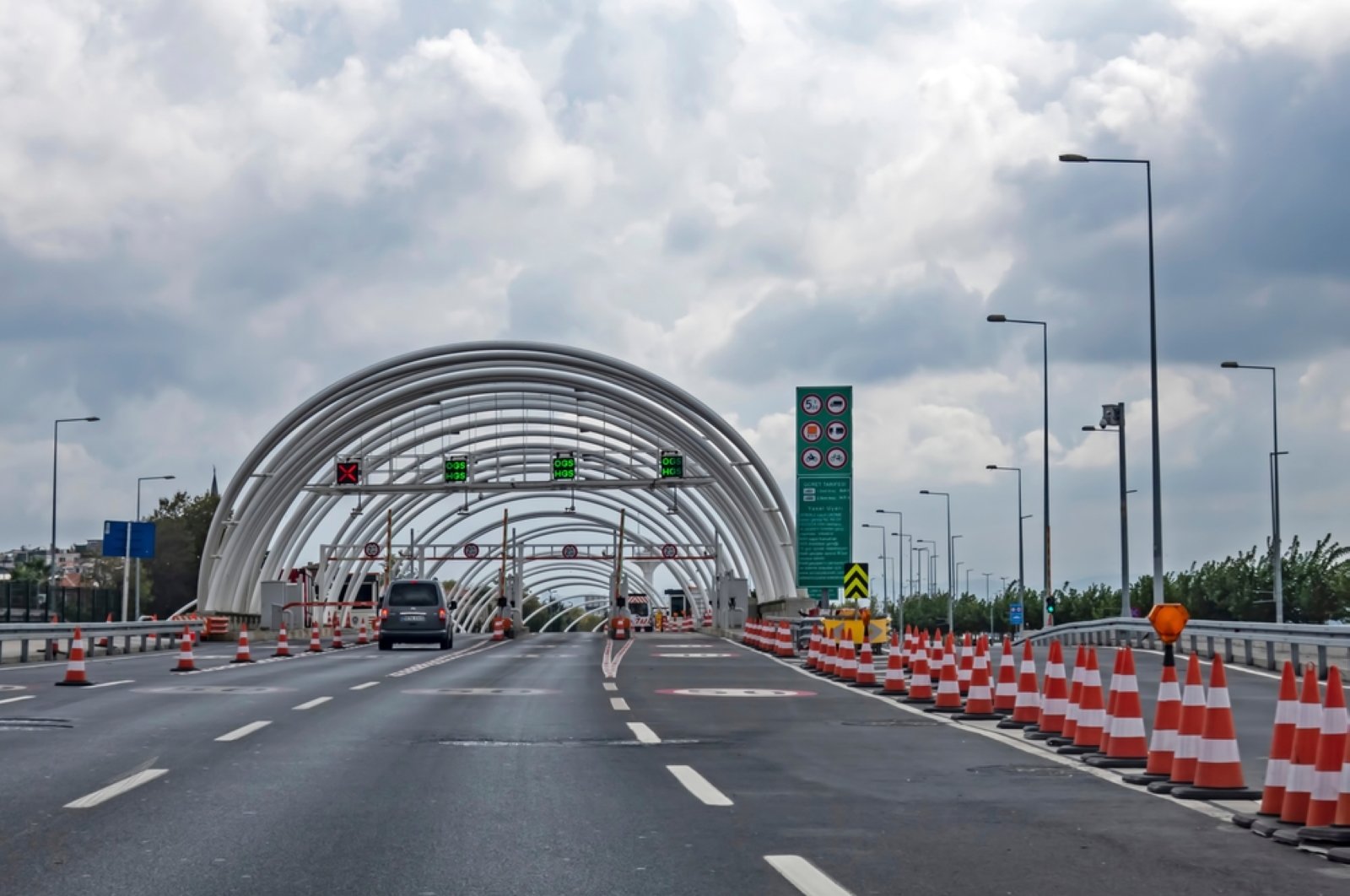Live updates | Turkish nationalist chief opposes NATO bids
ANKARA, Turkey — The leader of a Turkish nationalist party that is allied with President Recep Tayyip Erdogan is expressing concern that NATO’s expansion to include Sweden and Finland will provoke Russia and cause an expansion of the war in Ukraine.
Devlet Bahceli, the leader of the Nationalist Action Party, on Tuesday told his party’s lawmakers that the most “logical” option would be for the two countries to be kept in “NATO’s waiting room.”
Bahceli says that “Sweden and Finland’s entry into NATO will mean the lengthening of the war in Ukraine and even its geographical expansion.”
Bahceli’s speech comes a day after Erdogan said Sweden and Finland should not be allowed in. Erdogan has cited the two countries’ perceived support for groups Turkey considers to be terrorists, refusal to extradite “terrorists” wanted by Turkey and arms export restrictions on Turkey.
Bahceli in his speech also accused the two countries of “aiding and abetting” Kurdish militants.
All 30 current NATO countries must agree to open the door to new members.
___
KEY DEVELOPMENTS IN THE RUSSIA-UKRAINE WAR:
— Ukraine mounts effort to rescue last fighters at steel mill
— In targeting Ukraine’s schools, Russia bombs the future
— From civilian to soldier: Ukrainian army volunteer buried
— With echoes of Trump, GOP splinters over $40B for Ukraine
— Vatican minister visits Ukraine as pope toes delicate line
— Europe accused of `double-standard’ on Ukrainian refugees
— Follow all AP stories on Russia’s war on Ukraine at https://apnews.com/hub/russia-ukraine
___
OTHER DEVELOPMENTS:
BRUSSELS — The European Union is throwing its weight behind Finland and Sweden as they prepare to apply to join the NATO military alliance, and EU countries are optimistic that Turkish concerns can be assuaged.
EU foreign policy chief Josep Borrell says Finland and Sweden, should they apply to join NATO, “will receive strong support, I’m sure, from all member states, because it increases our unity, and it makes us stronger.”
Turkish President Recep Tayyip Erdogan says the two countries should not be allowed in because they are too lax in confronting Kurdish militants, like the banned Kurdistan Workers´ Party, or PKK. The PKK figures on the 27-nation EU’s anti-terror blacklist.
Borrell acknowledged Tuesday that Turkey has raised some objections, but said “I hope that NATO will be able to overcome them.”
Finland and Sweden are in the EU, and indeed 21 of the bloc’s members also stand among the ranks of the 30-nation military organization.
Luxembourg Defense Minister Francois Bausch says that “nobody would understand if we were to refuse Finland and Sweden to join NATO.”
But Bausch says he’s convinced “that the situation will go in a good direction and Turkey will agree that they can join.”
___
BERLIN — Luxembourg’s foreign minister says he doesn’t believe Turkey will prevent Sweden and Finland from joining NATO, despite the Turkish president’s stated objections.
All 30 current NATO members, among them Turkey, must agree to let the Nordic neighbors join. But Turkish President Recep Tayyip Erdogan has said they failed to take a “clear” stance against Kurdish militants and other groups that Ankara considers terrorists, and imposed military sanctions on Turkey.
However, Luxembourg’s long-serving Foreign Minister Jean Asselborn told Germany’s Deutschlandfunk radio on Tuesday that he suspects Erdogan is merely “pushing up the price” for the two countries’ membership. He said: “At the end of the day, I am convinced that Turkey can’t slam the brakes on this.”
Asselborn added that “this will take some time, I hope not too long.”
He pointed to Turkey’s removal in 2019 from the U.S.-led F35 stealth fighter jet program and the possibility of Ankara getting F-16 fighter jets from the U.S.
___
LONDON — British military authorities say Russia will probably rely heavily on massive artillery strikes on towns as it seeks to make gains in the eastern Donbas region of Ukraine, citing widespread damage to residential buildings in areas attacked earlier in the war.
The U.K. Ministry of Defense says residential structures accounted for 80% of the roughly 3,500 buildings that were damaged or destroyed in the Chernihiv region during Russia’s now-abandoned advance toward the capital, Kyiv.
“The scale of this damage indicates Russia’s preparedness to use artillery against inhabited areas, with minimal regard to discrimination or proportionality,” the ministry says in a briefing posted Tuesday morning.
The ministry says Russia has probably resorted to “indiscriminate artillery bombardment” because it has limited ability to accurately target such strikes and doesn’t want to risk flying combat aircraft beyond its own front lines.



